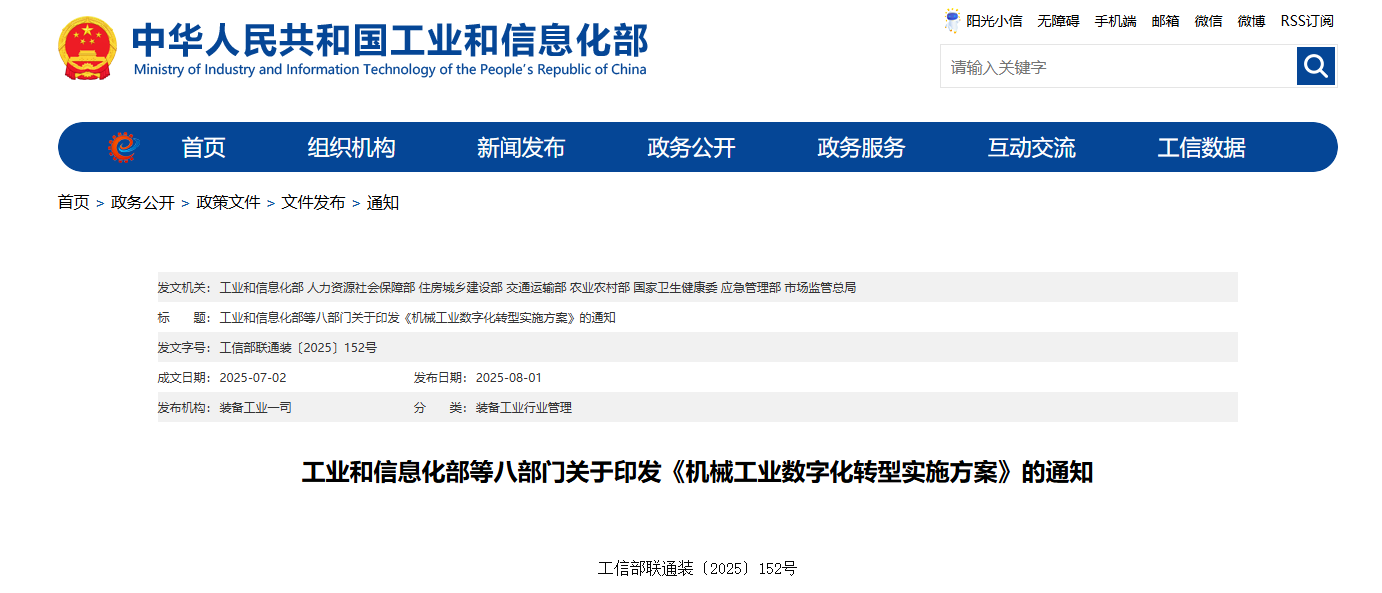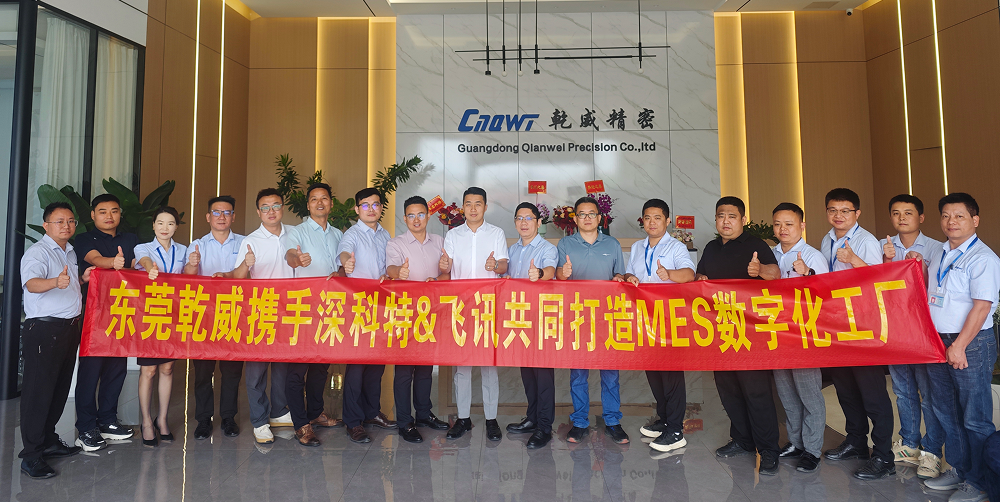MES系统生产计划的最佳实践案例

Title: Best Practices for MES System Production Planning: A Multifaceted Perspective
Introduction:
Manufacturing Execution Systems (MES) play a crucial role in managing and optimizing production processes. The effective implementation of an MES system can significantly enhance production planning, leading to improved productivity, reduced costs, and increased customer satisfaction. In this article, we will explore the best practices for MES system production planning from multiple perspectives.
1. Integration of Real-Time Data:
One of the key advantages of an MES system is its ability to capture real-time data from various sources within the production environment. By integrating data from machines, sensors, and other devices, manufacturers gain visibility into the entire production process. This data can be used to make informed decisions about production planning, such as adjusting schedules, allocating resources, and optimizing workflows. Real-time data integration empowers manufacturers to respond quickly to changes on the shop floor, ensuring efficient production planning.
2. Demand Forecasting and Capacity Planning:
Accurate demand forecasting is crucial for effective production planning. MES systems can analyze historical data, market trends, and customer demand patterns to generate reliable forecasts. By aligning production capabilities with forecasted demand, manufacturers can avoid inventory shortages or overproduction. Additionally, capacity planning allows manufacturers to identify potential bottlenecks and optimize resource allocation, ensuring optimal utilization of equipment, labor, and materials.
3. Collaborative Planning:
Effective collaboration between different departments is essential for successful production planning. An MES system provides a centralized platform that enables seamless communication and collaboration among key stakeholders, including production managers, engineers, maintenance personnel, and supply chain managers. This collaborative approach ensures that everyone is aligned with the production plan, facilitating timely decision-making and preventing delays or disruptions.
4. Real-Time Monitoring and Control:
An MES system not only collects real-time data but also enables real-time monitoring and control of production processes. By continuously monitoring key performance indicators (KPIs), manufacturers can identify deviations from the plan and take corrective actions promptly. For example, if a machine is operating below efficiency thresholds, the system can automatically trigger maintenance tasks or adjust production schedules to minimize downtime. Real-time monitoring and control enhance agility, allowing manufacturers to adapt quickly to changing conditions and ensure smooth production flow.
5. Continuous Improvement:
The implementation of an MES system should be viewed as an ongoing process rather than a one-time event. Continuous improvement is crucial for optimizing production planning. Manufacturers should regularly analyze data collected by the MES system, identify areas for improvement, and implement corrective actions. By leveraging historical data and performance metrics, manufacturers can identify bottlenecks, reduce waste, and optimize production schedules. Continuous improvement initiatives drive efficiency and enhance overall production planning effectiveness.
Conclusion:
Effective production planning is vital for manufacturing organizations to stay competitive in today's dynamic market. The implementation of an MES system provides manufacturers with the tools and capabilities to optimize production planning from multiple perspectives. By integrating real-time data, forecasting demand, facilitating collaboration, enabling real-time monitoring, and embracing continuous improvement, manufacturers can unlock the full potential of their MES systems and achieve superior production planning results. Embracing these best practices will lead to increased productivity, reduced costs, and improved customer satisfaction in the long run.
��Ѷ���������2006�꣬ӵ�������з����뿪��ƽ̨����һ�Ҽ���Ӫ�������졢�ɹ���ȫ��·���ǻ��������Ʒ����̺ͷ����̡���Ʒ�������ֻ����䡢����������������������˾��MRO��ERP��MES��WMS��CRM��SRM�Ȳ�ƷΪ������Ϊ�ͻ��ṩ���ǻ��������巽���滮��������ܷ�����Χ���������Ǻͳ����ǵ����������ڰ����ͻ������к�ʵ�ʳ������ɴ��С��ɴ��µ����ֻ���Ӫ��ϵ�������������Ϣ�����������ֻ��;������ܻ��������⣬Ϊ��ͬ��ҵ����ͬ��ʵ�ֲ�ͬ�ľ�ӪĿ�ꡣ























请先 登录后发表评论 ~